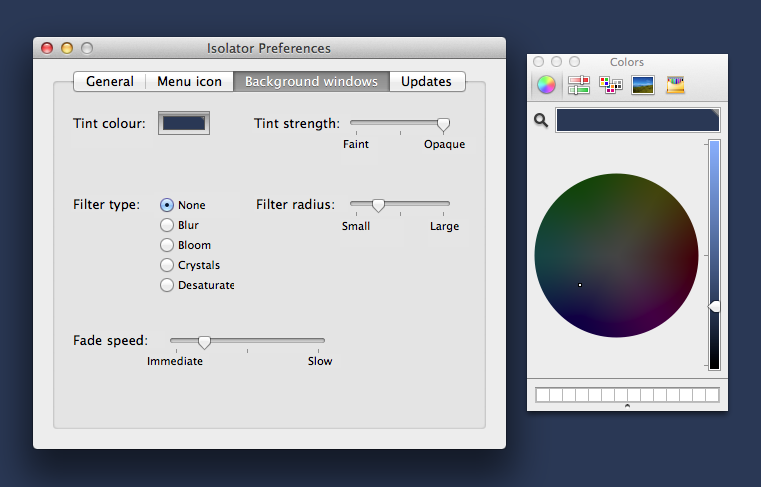Let’s say, just for the sake of realism, that there are more things to do in your day than you can get done. Or maybe you just don’t feel like doing the stuff on your list.
How to fix?
Part 1 | Fend Off the Distractions
- List your distractions, for example: being sidetracked with email, Facebook, Twitter, phone & computer games, checking stock prices, reading the Internet, chatting with coworkers, and unnecessary phone calls. Sadly, if watching daytime TV is on the list (barring a sick day with a high fever), then you are probably doomed, and I can’t offer much hope.

- Give yourself time to spend on distractions each day. Forget eliminating all of them. That’s not likely (at least not for humans). So, how much time do you want to dedicate to keeping up with interesting ideas and links that people post on Twitter? Write that down.
- Choose when to be distracted. I realize that planning time for distracting things takes away the spontaneous quality of them, but it’s worth it. For example: from [this time] to [this time] today I can read blogs. Or, if you’re using the Pomodoro Technique, give yourself permission to do distracting things during breaks. This makes it easier to focus the rest of the time.
-
Make email a series of little projects. I used to start my day by reading and answering email. Hours later, I’d realize that half the morning was gone. No good. Or, I’d notice a message had come in and interrupt what I was doing to read it.Instead of that, pick times to power through your email in batches. You’ll feel like you actually did something, as opposed to feeling like you’ve been flitting from one thing to another (which we know is terrible for productivity).If you use Gmail, try The Email Game. I cleared out hundreds of messages in a relatively short time the other day. As I write this, I have three messages. I’ll answer them all at once a little later today.
-
Turn notifications off. You don’t need your phone, your iPad, and your computer all to let you know, with badges, alert sounds, and/or email, that your second cousin’s best friend “liked” any kind of post on Facebook.Also, it’s rarely a good idea to interrupt a working session or meeting so that you can respond to a text, chat, or email the minute it comes in. This can be hard to resist, if you know these things are there.
- Turn off the phone. Let’s say you’re writing code or prose, or you are otherwise doing something that requires concentration. Turn off the sound on your phone and turn it face down so you won’t be tempted to let it interrupt you.
- Hide the social media. There are extensions for this purpose, where you can prevent yourself from going to certain sites, but another way is to put all your tabs for newsy, interactive, or social web-based sites together in the same window and then minimize them. Take a look when it’s time for a break. You can also minimize TweetDeck (or whatever you use to check Twitter). There’s no need to having it scrolling away in the background when you’re trying to think.
- If you have a Mac, try Isolator. This is a wonderful, free, menu bar application that can hide everything but the application you’re using right now. You can adjust its opacity and turn the background any color you’d like. It’s great for writing, and I’m using it as I write this post.

- Tune in to Coffitivity. It’s free to use on the web. Research shows that just the right kind of background noise fosters creativity. Coffitivity has a number of recordings of ambient sounds that are great for background noise. Not too loud, not too soft. Or, just go to a coffee shop in person.
- Listen to music. Pick something that, for you, keeps distraction at bay while affording concentration. I often listen to a station on Pandora that I started with “Up 18 North.” I thumb down anything with voices, and I also let it know if there’s something I like. Now it practically reads my mind, serving up just the right tunes, song after song.
Humans are wired for distraction; it’s an important survival tool. However, for those of us who must concentrate to get meaningful work done, coping with distractions is essential. The more intentional you can be with them, the less they’ll manage you. Listing, scheduling, and even tracking how you’re doing with distractions can help you to succeed with your real goals.
Resources
Post | Pomodoro
Site | The Email Game (also available as a Chrome extension inside Gmail)
Extension | Isolator
Site | Pandora
